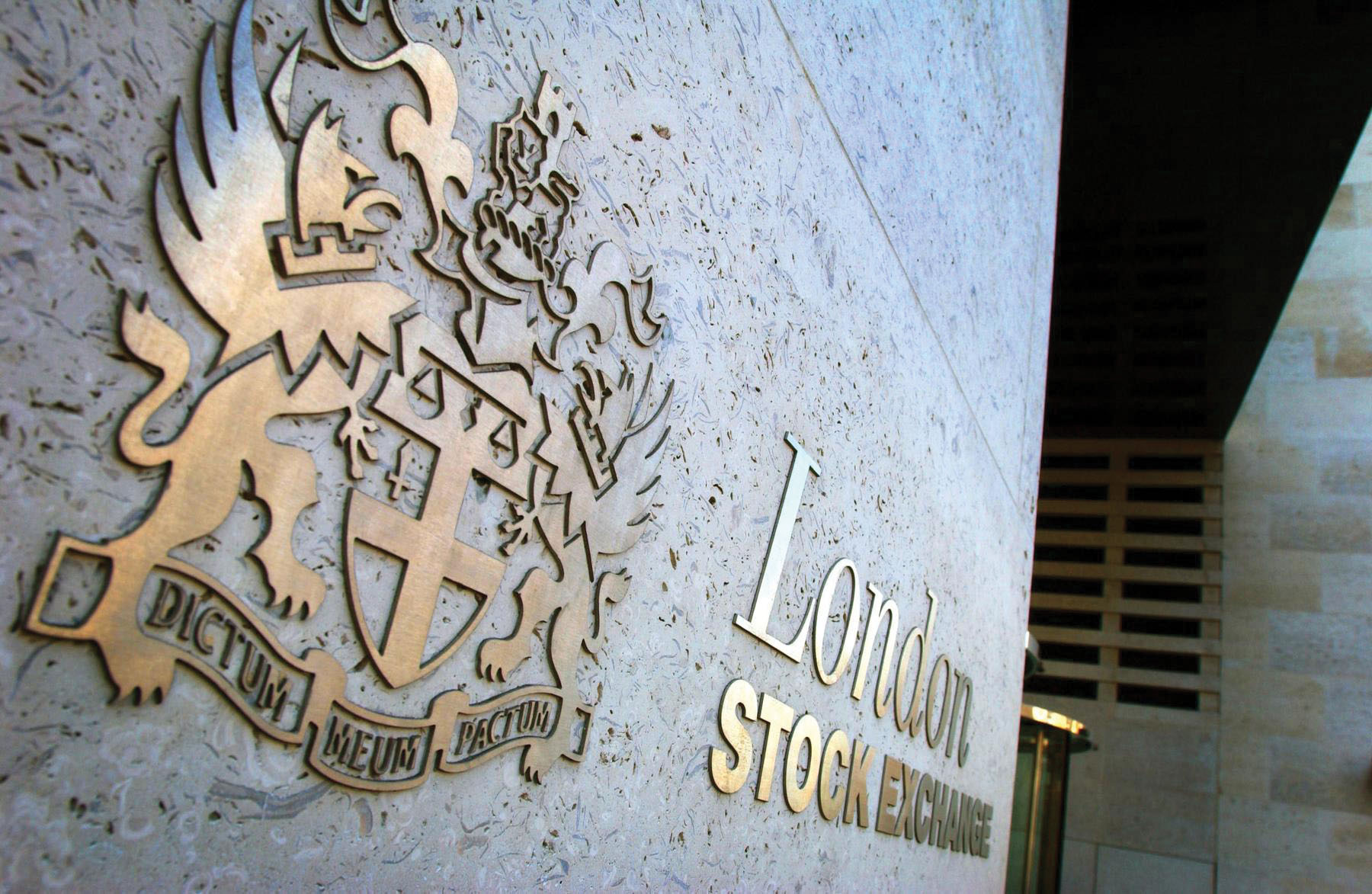Experienced Investor
Jabs and optimism push FTSE250 to a record high

Guest Author:
Emma LunnGrowing optimism around the easing of lockdown restrictions and the UK vaccination program sent the FTSE 250 to its highest ever level today.
The ‘mid-cap’ index closed at 22,160.57 last night, then hit a high of 22,232.67 at lunchtime before falling back slightly to sit at 22,180.88 by mid-afternoon.
The FTSE250, home to companies such as M&S, JD Wetherspoon, Cineworld and Dixons Carphone, is often seen as a better measure of the health of the UK economy than the FTSE100 due to the more domestic focus of its constituents.
However, the FTSE 250 is also home to a large number of investment trusts which themselves invest outside the UK. Fidelity China Special Situations, Schroder Asia Pacific trust, and JP Morgan Japanese Investment trust are just some of the names that can be found in the index.
According to AJ Bell, the FTSE 250 has turned £10,000 into £62,859 over 20 years, comfortably beating the FTSE 100 and the S&P 500.
Laith Khalaf, financial analyst at AJ Bell, said: “The fact an index hits a record high is not itself a buying signal, but the attraction of investing in medium-sized companies are plain to see in the long-term performance figures. Over 20 years, the FTSE 250 has wiped the floor with the big blue chips of the FTSE 100, and indeed those of the much-vaunted S&P 500, which has found itself in so much favour with investors of late. Indeed, the FTSE 250 has been the best performing segment of the main UK market since the turn of the century.

Why Life Insurance Still Matters – Even During a Cost-of-Living Crisis
Sponsored by Post Office
“Most active fund managers investing in the UK will be overweight mid cap stocks and underweight the FTSE 100. That’s compared to the benchmark FTSE All Share index, of which around 80% is made up of the big FTSE 100 blue chips. Indeed, the strong performance of the FTSE 250 should also be a tailwind for active managers as a whole, as a result of their additional exposure to this area.
“Fund managers can often find better opportunities in medium-sized companies, as these are less well researched by global analysts. They are small enough that they still have room to grow, but large enough that they are established businesses with existing customer bases.”